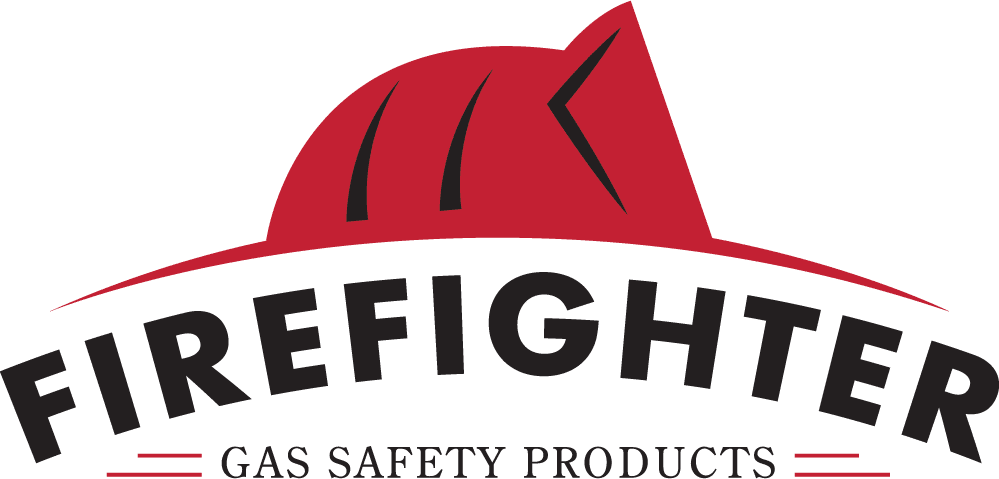

As homeowners increasingly seek ways to protect their properties from the devastating effects of water damage, the importance of effective "water shut off" solutions has never been more apparent. According to a report by the Insurance Information Institute, water damage claims account for more than 20% of all homeowner insurance claims, averaging around $3,000 per claim. This staggering statistic underscores the urgency for homeowners to invest in reliable water shut off technologies that can mitigate the risk of costly repairs and disruptions.
Industry experts, like Dr. Emily Carter, a leading researcher in home safety technologies, emphasize the necessity of proactive measures against water leaks. Dr. Carter states, "Implementing advanced water shut off systems can dramatically reduce the frequency and severity of water damage incidents in residential properties." With advancements in smart technology, the market now offers a range of innovative solutions that cater to both proactive monitoring and automated shut-off capabilities, ensuring homeowners have the tools to manage their water supply effectively.
In light of these significant insights, this article will delve into the top water shut off solutions available in 2025, providing homeowners with essential knowledge to safeguard their homes against the unexpected challenges posed by water damage. By exploring these options, we aim to equip homeowners with the resources necessary to make informed decisions, ultimately leading to a safer living environment.
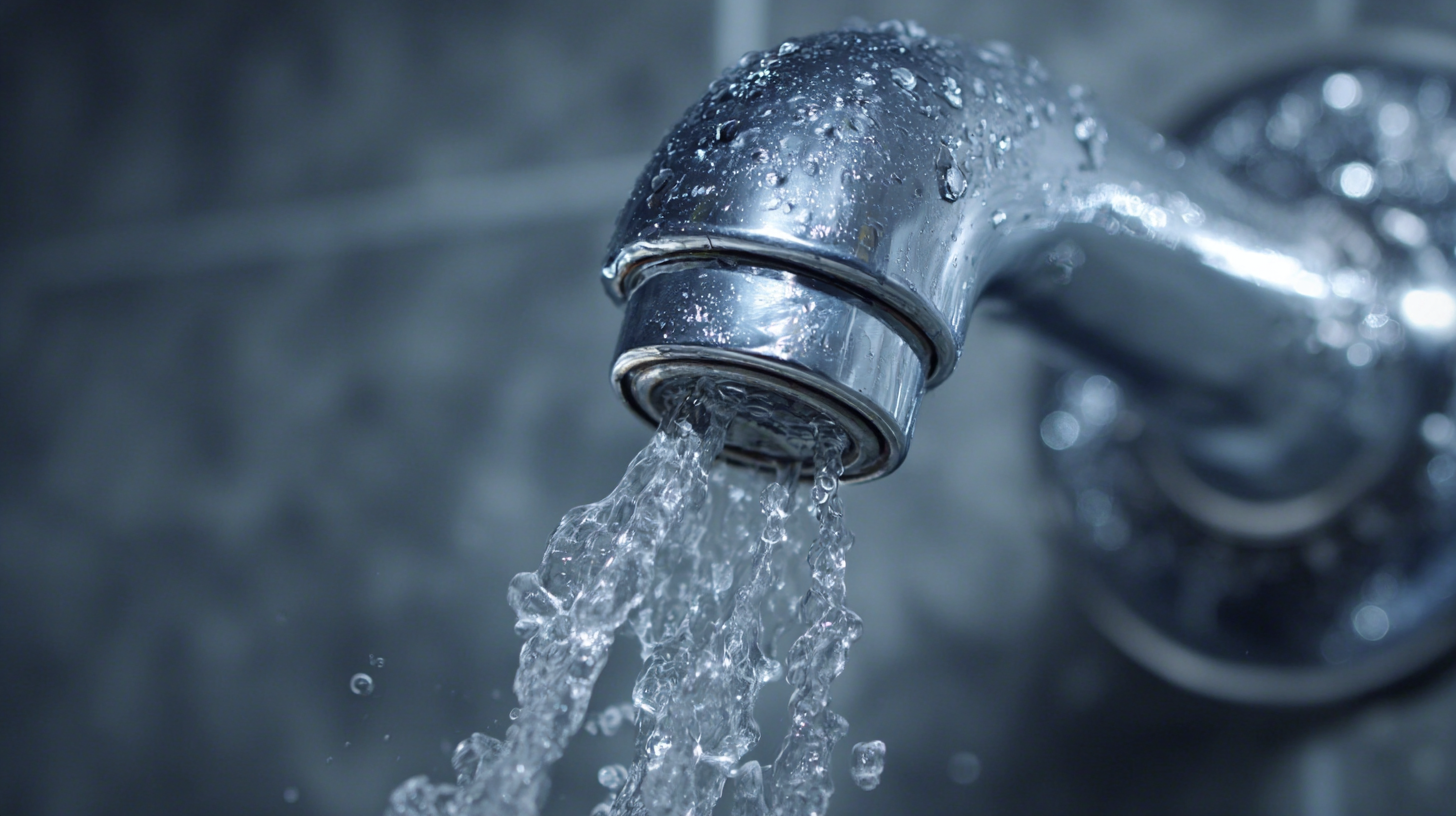
Innovative smart valve systems are revolutionizing the way homeowners can manage water usage and prevent damage from leaks or flooding. These advanced solutions leverage AI-powered operational intelligence to monitor water flow and detect anomalies in real time, alerting homeowners before a minor issue escalates. For instance, a smart valve can automatically shut off the water supply when it detects unusual flow patterns, minimizing potential damage and costs associated with water loss.
Tips for implementing these technologies include starting with a comprehensive review of your current plumbing setup to identify where a smart valve could be most effective. Regular maintenance and updates to the system ensure optimal performance and longevity. Homeowners should also consider integrating these smart systems with existing home automation technologies for a more seamless experience.
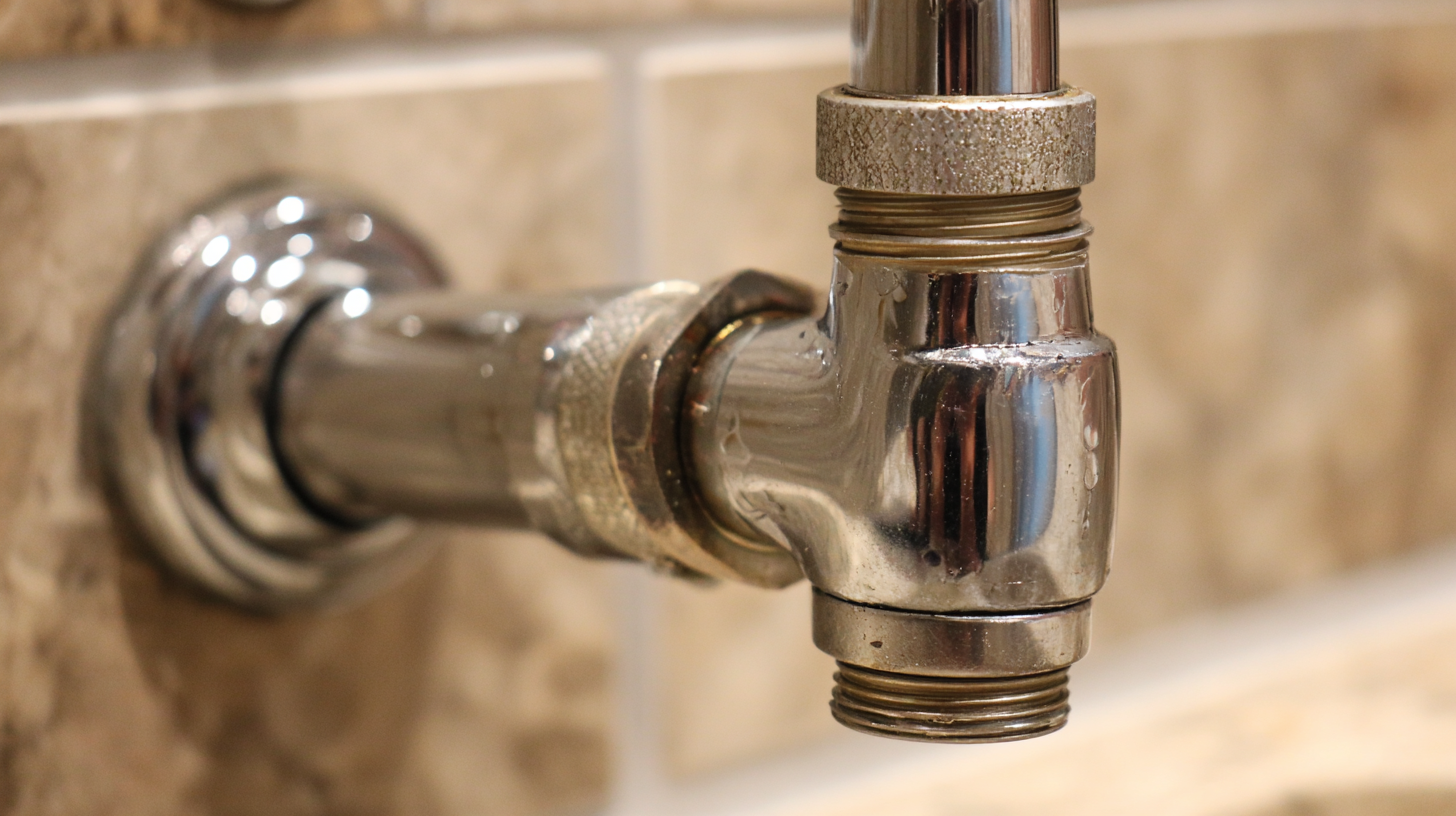 Additionally, regions like Fukuoka, known for their water-efficient practices, utilize cutting-edge technologies such as satellite monitoring and predictive analytics to enhance water conservation efforts. By investing in these forward-thinking solutions, homeowners not only protect their property but contribute to broader water sustainability efforts. As AI and IoT technologies evolve, the potential for smart home systems to enhance our daily lives and preserve vital resources will only grow.
Additionally, regions like Fukuoka, known for their water-efficient practices, utilize cutting-edge technologies such as satellite monitoring and predictive analytics to enhance water conservation efforts. By investing in these forward-thinking solutions, homeowners not only protect their property but contribute to broader water sustainability efforts. As AI and IoT technologies evolve, the potential for smart home systems to enhance our daily lives and preserve vital resources will only grow.
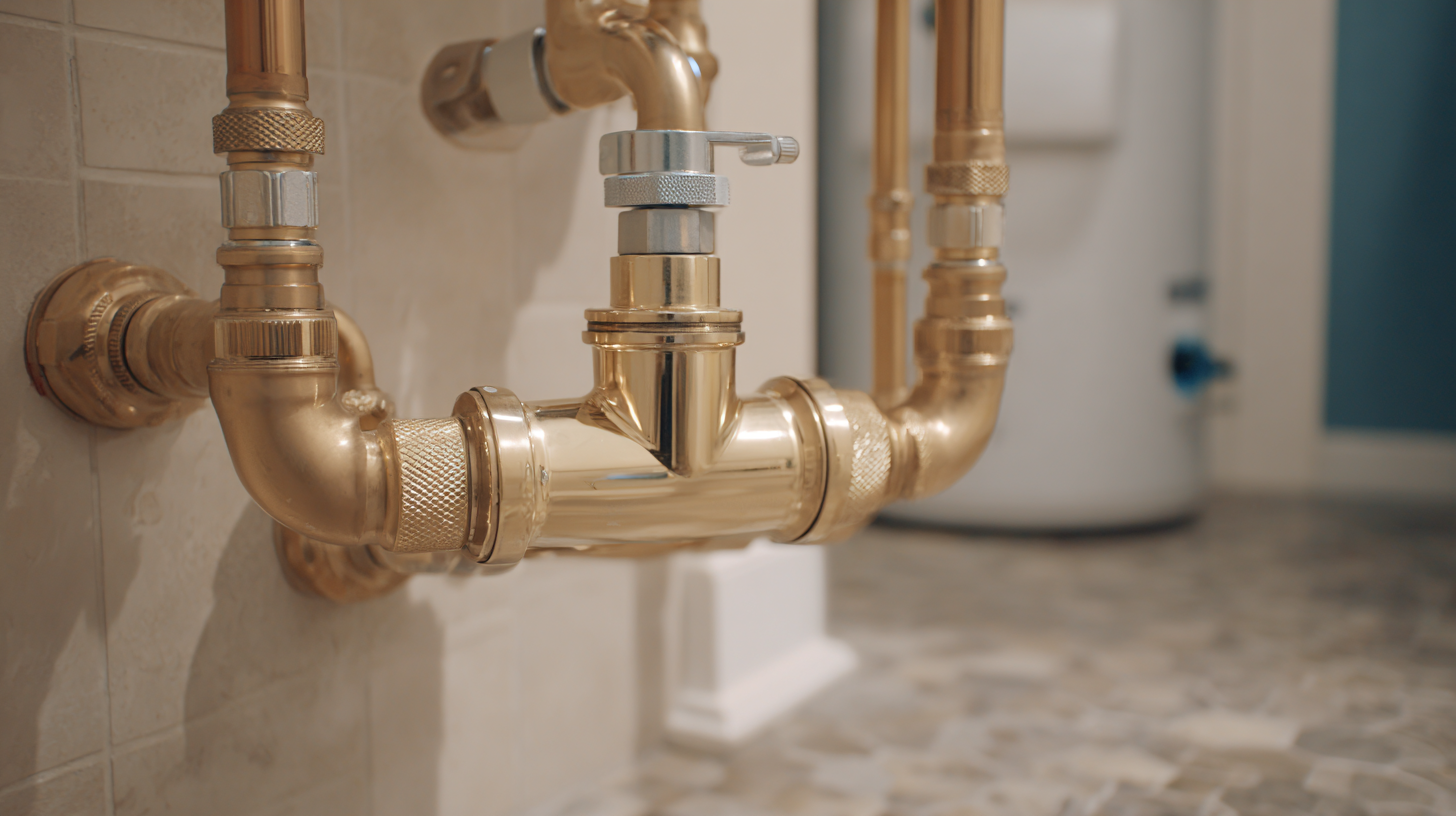 For homeowners looking to protect their properties from water damage, user-friendly manual shut off valves are an essential addition. These devices allow homeowners to easily control their water supply, preventing potential flooding and extensive damage during emergencies. Installing a manual shut off valve in an accessible location can empower homeowners to act quickly when they suspect a leak or pipe burst.
For homeowners looking to protect their properties from water damage, user-friendly manual shut off valves are an essential addition. These devices allow homeowners to easily control their water supply, preventing potential flooding and extensive damage during emergencies. Installing a manual shut off valve in an accessible location can empower homeowners to act quickly when they suspect a leak or pipe burst.
Tips for installing manual shut off valves include ensuring you choose a valve that matches your pipe size and water system. Regular maintenance checks are crucial; homeowners should test the shut off valve periodically to ensure it operates smoothly. Additionally, labeling the shut off valve clearly can help family members locate it quickly in case of an emergency.
Another valuable tip is to educate everyone in the household about the valve's location and operation. This proactive approach ensures that, in the event of a water incident, anyone can swiftly turn off the water supply, thus minimizing damage and saving time. By integrating these strategies, homeowners can enhance their readiness and protect their homes from unexpected water-related disasters.
Water damage can be a homeowner's worst nightmare, but advancements in automated leak detection technology are making it easier to prevent costly disasters before they happen. These smart systems use sensors to monitor your home's plumbing for unusual changes in water flow or pressure, alerting you to potential leaks in real-time. By investing in this technology, homeowners can safeguard their property and reduce the risk of severe damage caused by undetected leaks.
**Tips:** When selecting an automated leak detection system, look for features such as smartphone integration, real-time alerts, and automatic shut-off capabilities. Regular maintenance and routine checks on your plumbing can also complement these systems, ensuring that they function effectively. Additionally, consider placing sensors in high-risk areas such as basements, bathrooms, and kitchens to maximize coverage.
By adopting these innovative technologies and implementing best practices, homeowners can significantly reduce their vulnerability to water damage. Early detection not only protects the integrity of your home but also provides peace of mind, knowing that you have taken proactive steps to safeguard your living environment.
This chart illustrates the effectiveness of various automated water shut off solutions in preventing water damage for homeowners. Automated leak detectors show the highest effectiveness at 85%, followed by automated shut-off valves at 90%, indicating their essential role in water damage prevention.
In recent years, water damage has become a leading concern for homeowners, with the Insurance Institute for Business & Home Safety (IBHS) reporting that nearly 20% of homeowners experience water damage at some point. To mitigate these risks, effective maintenance strategies for water shut-off solutions are essential. Regular inspections of shut-off valves and piping systems can help identify wear and tear, allowing homeowners to address potential issues before they escalate. Industry experts recommend replacing older valves, especially those made of brass or plastic, every 5 to 10 years to ensure reliability, as failure can lead to severe flooding.
In addition to routine inspections, adopting smart technology can greatly enhance water management in homes. A report from the Environmental Protection Agency (EPA) indicates that implementing smart leak detection systems can reduce water waste by 20-30%. These automated systems alert homeowners to leaks and unusual water patterns, enabling prompt action that can prevent potentially costly damage. Homeowners should also educate themselves on the proper operation of their shut-off systems and conduct annual training sessions to keep all household members informed. By combining preventive maintenance with the latest technology, homeowners can significantly reduce their risk of water damage and protect their property effectively.
| Solution Type | Features | Average Cost | Installation Difficulty | Recommended Maintenance Frequency |
|---|---|---|---|---|
| Automatic Water Shut Off Valve | Real-time monitoring, smartphone integration, automatic shutoff | $300 - $500 | Moderate | Annual |
| Manual Water Shut Off Valve | Basic shut off mechanism, low-cost | $50 - $150 | Easy | Quarterly |
| Smart Water Leak Detector | Leak detection, alerts via app, integrates with shut off systems | $100 - $250 | Easy | Monthly |
| Flood Sensors | Detects water presence, alerts homeowners | $50 - $120 | Very Easy | Monthly |
| Whole House Water Shut Off System | Centralized control, can be automated, enhances safety | $500 - $1,200 | Hard | Bi-annual |
When it comes to protecting your home from water damage, understanding cost-effective water shut off devices is essential for homeowners. These devices act as first-line defenses against leaks and burst pipes, which can lead to costly repairs and extensive property damage.
Many options on the market are designed to be user-friendly and affordable, making it easier for homeowners to implement preventative measures without breaking the bank.
Investing in an automatic shut off valve, for example, can significantly reduce the risk of water damage. These devices can detect unusual water flow and automatically shut off the main water supply, addressing leaks before they escalate. Additionally, manual shut off devices are available at a lower cost, allowing homeowners to manually control water flow during emergencies or renovations. By selecting the right water shut off solution, homeowners can safeguard their properties and save money in the long term.
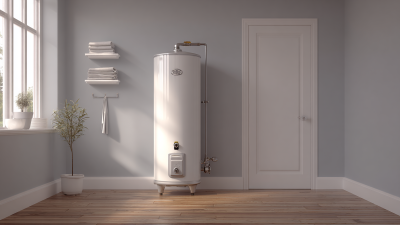
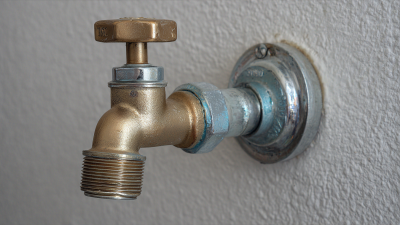


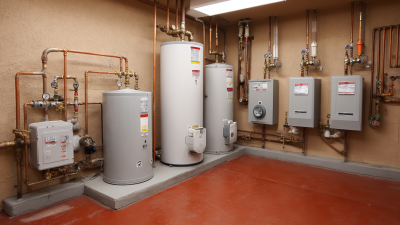
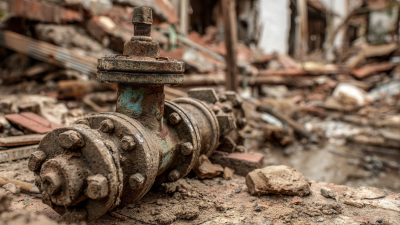
© Copyright 2025 | LittleFirefighter.com | All Rights Reserved | 1EZ Creative: Orange County Web Design
Fusce ut ipsum tincidunt, porta nisl sollicitudin, vulputate nunc. Cras commodo leo ac nunc convallis ets efficitur.

12345 North Main Street,
New York, NY 555555
1.800.555.6789
sale@vibrotools.com
